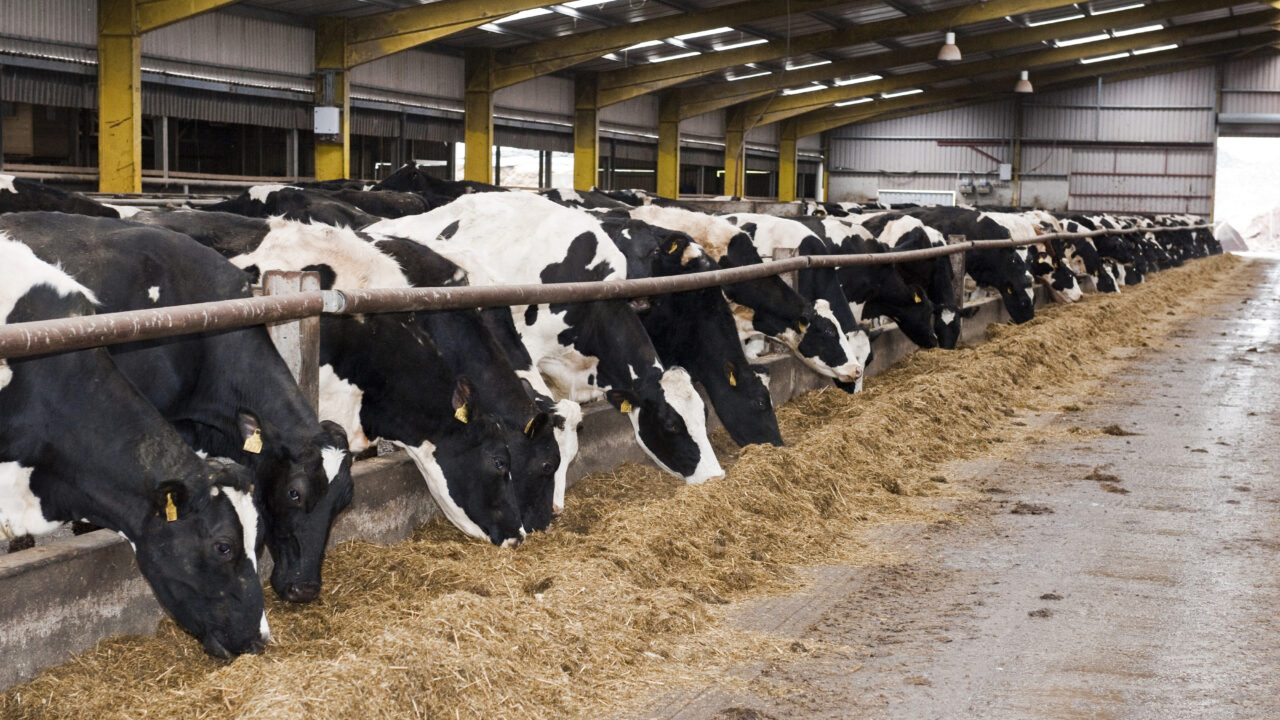The level of co-op support for dairy farmers this year may total €100m and ICOS has said that this should have been spent on innovation, technology and routes to market.
“While co-ops have been happy to support their members, and indeed that is the core strength of the co-op model, that money may have been of more long-term benefit to farmers if it had been available to spend on innovation, technology and routes to market,” a spokesperson for ICOS said.
ICOS has welcomed the €13.7m to be provided in temporary exceptional aid to Irish milk and pigmeat producers who are facing difficult times this year and believes that is exactly where that money should go.
ICOS also welcomes suggestions that the Government will provide co-financing around the €13.7m programme.
The resultant fund, while modest, will provide some liquidity to hard-pressed farmers, it said. It represents, however, only about 3% of the revenue loss suffered by farmers this year, and in total will be less than a quarter of the support afforded to farmers by their co-ops, according to ICOS.
ICOS estimates that the level of co-op support for dairy farmers this year may total €100m.
The key ongoing challenge facing dairy co-ops and their suppliers and members is market volatility, and it called for all parties to commit to developing structures to mitigate its worst effects,
ICOS short-term priorities
ICOS told the Dairy Forum that by the time the next downturn arrives, we need to be in a position whereby farmers can have locked into a milk price position. To do this, a combination of the following measures is needed:
- More focused EU support tools.
- A functioning European Dairy Futures Market.
- Greater availability and uptake of fixed price schemes.
- A national income deferral scheme.
The experience this year, whereby €500m has been allocated to support measures in the dairy and pig sectors, while welcome, demonstrates Europe’s unwillingness to intervene in markets, according to ICOS.
The body called for the current suite of supports, including the intervention threshold to be strategically examined and deployed at a level to protect Europe’s production base, and ability to trade on local and world markets.
It also called for Europe to commit to the development of a functioning dairy futures market, to allow farmers, or co-ops on their behalf, to hedge their position in the market.
For this to happen a number of steps need to be taken, such as the European Commission developing the European Milk Market Observatory as a price and volume reporting tool, aiming to match the USDA, as a key building block to the establishment of a futures market, according to ICOS.
ICOS also called for Ireland to develop an Irish dairy market index, particularly to reflect the market realities for a small exporting dairy nation.
The body also encouraged the Government to introduce volatility management measures such as an income deferral scheme.
ICOS medium-term priorities
- The climate change challenge will need to be resourced at national level, to ensure that the merits of our grass-based, carbon efficient production model are recognised and that we can satisfy our international commitments without hindering our ability to produce and sell our sustainable dairy products worldwide.
- The funds provided for trade promotion under the EU package need to be used wisely and leveraged against existing efforts to ensure maximum effect in target regions.
- The current level of collaboration within the sector needs to be recognised and encouraged. Particularly as we manage our processing capacity through investment and supply expansion, the benefits of good commercial relationships across the sector can be seen.
